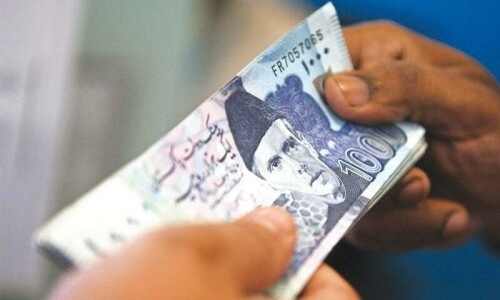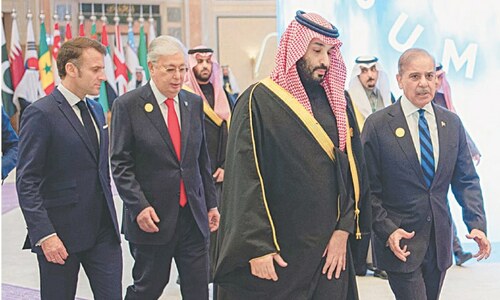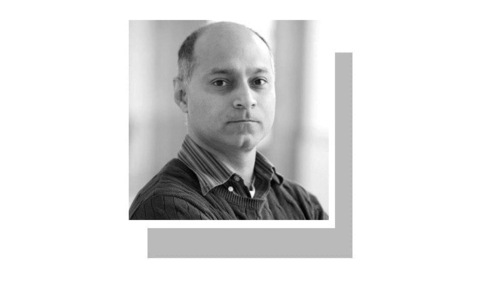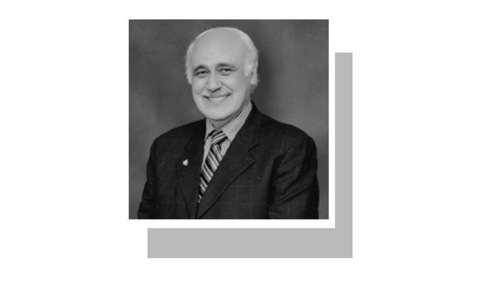KARACHI, Dec 15: Strong economy and not the military power will ensure multi-polar global stability and the emergence of the future super power.
This was stated by experts at a seminar on “The Sino-Indian-Russian Triangle: Its impact on South Asian politics” held under the auspices of the Area Study Centre for Europe, University of Karachi, on Saturday.
The Chinese model was cited as a key example and the growing Sino-Indian relations were not considered a threat to Pakistan.
“Countries having strong and growing economy can only be the superpowers and not those having huge military. China is a good example as it has transformed itself into an economic giant. Nobody likes states with a weak economy,” said Zahid Hussain, a former ambassador, in his paper on “The Foreign Policy options for Pakistan in the Emerging Geopolitical Scenario in the Region.”
He emphasised the need for learning from the experience of China, with whom Pakistan has very strong economic and technical bonds. He also stressed the need for healthy bilateral trade relations to give a boost to each other’s economy. “Gone are the days when only military strength was considered vital to become superpower,” he said.
The ambassador said that both China and India were following this policy by concentrating on building good economy to their mutual advantage. He was of the view that troika of China, India and Russia would play a crucial role in challenging the US hegemony in the region, especially after the Sept 11 terror attacks.
Since the US had been the sole superpower with an urge for imperialism, a new alliance of the three countries would be beneficial for the Asian continent, he said.
“The ties between these three countries will be a challenge and sort of a check on the US, and this is indeed necessary to counter US expansionism.”
Dr Moonis Ahmar, chairman of the Department of International Relations, University of Karachi, did not believe that Sino-India relations, including military cooperation, could be a threat to Pakistan or any other state.
“These are things of the past. Now it is an era of geo-economy and geo-politics. States nowadays concentrate on their trade and economy,” he observed.He was of the view that China and Russia indeed enjoy close relations today but they still had problems, such as border dispute, Russia’s apprehensions about possible demographic expansion by China in the Russian far east, etc.
M. B. Naqvi, who presided over the proceedings, said although the Sin-Indian-Russia ties were not against any state, they could become semi-military in nature because of pressure from Asia.
“Pakistan must achieve success in economic sector to become politically strong as it is the only way to become strong,” he added.
In her address, ASCE director Dr Naveed Ahmad Tahir also stressed that the triangle would prove a check on the US which, she said, had become unilateralist and overbearing in the international realm following the 9/11 event.
Ms Kishwar Khan of the General History department and Ms Munazza Nargis Kazmi of the ASCE also spoke.
Dr Rubab Hasan presented a vote of thanks.












































Dear visitor, the comments section is undergoing an overhaul and will return soon.